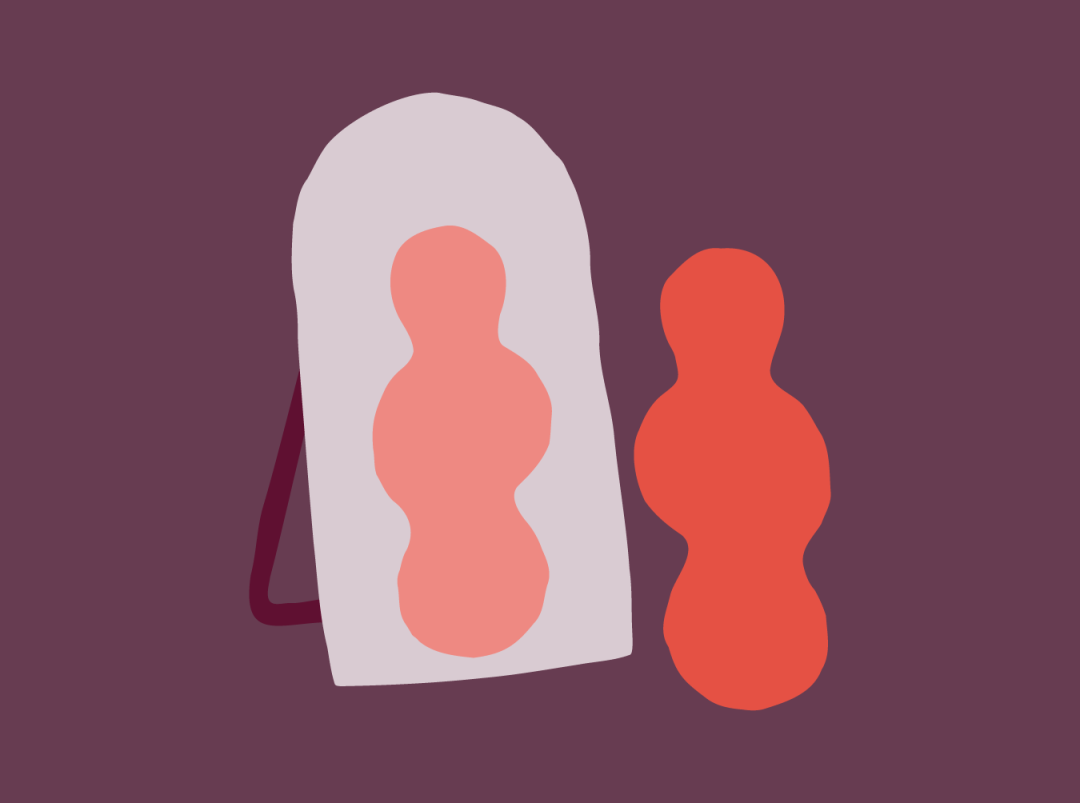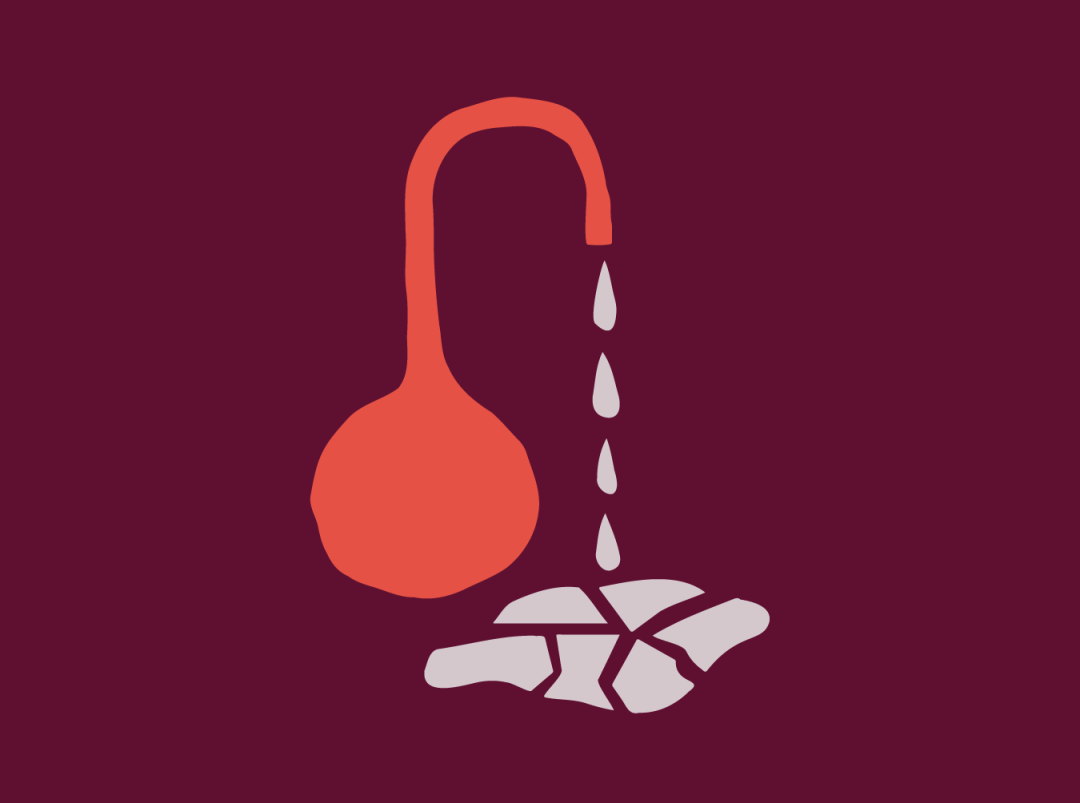#explainer
The Science Behind Cannabis and Your PMS
health
·5 min read

by Meryl Montgomery | 07/25/2018
As a woman who works in the cannabis industry, I get the privilege of speaking with a lot of women about their cannabis questions and concerns. One question I get quite a bit is wrapped in skepticism: “Does cannabis really work like medicine?”
Actually, herbs were not only our earliest form of medicine, dating way back to 3000 BC, but also the most prominent until the early 20th century. The cannabis plant is one of the oldest, most effective, and least understood herbs.
“Cannabis has been used to treat and help uterine conditions, pregnancy, delivery, and what are now called PMS symptoms for centuries. Even at the beginning of western medicine, it was still thought of as an effective remedy. It’s really interesting to look at articles that were published in the late 19th century and early 20th century about how effective cannabis is for those issues. It’s not out of left-field, it has a huge body of evidence to support it,” says Zoe Sigman, Director of Education and Outreach at Farma, Oregon’s premier education-focused dispensary.
Herbal medicine only began to take a backseat in the early 20th century, when scientists began to extract and chemically reproduce the properties of these herbs (which evolved into what we know today as the pharmaceutical industry).
Herbs were our first form of medicine for a reason – these plants possess a collection of compounds that work with our bodies’ natural systems. Specifically, the endocannabinoid system (ECS), a network of receptors found within the central and peripheral nervous systems. As noted by the Italian researcher, Vincenzo Di Marzo, it relays messages that affect how we relax, eat, sleep, forget, and protect.
cannabis is key
Think of the ECS as a lock and key system that regulates your physiological and cognitive processes. Only a magical, completely dynamic lock and key. Remember the scene in Harry Potter when he enters the Chamber of Winged Keys? The endocannabinoid system is kinda like that – the chamber is the endocannabinoid system, the locks are the receptors of the ECS, and the keys are cannabinoids (a cluster of molecules produced by the cannabis plant – THC and CBD are the two most common, but there are hundreds).
Instead of just one key being the key, all the keys can unlock the magical secrets. Are your glucose levels out of whack? That magical key is called Δ(9)-tetrahydrocannabivarin (THCV). When it’s connected with the ECS receptors, research shows it’s able to help regulate glycemic production in subjects with type 2 diabetes. So when it comes to pain management, cramps included, those magical keys are called THC and CBD.
The other half of this equation is terpenes, the essential oils produced by plants and spices. Each one possesses unique properties. Have you ever stepped into a forest while hiking, or taken a deep breath walking past the Christmas trees for sale on the street, and felt a clarity of mind? That's because you were breathing in a whole lot of the terpene called pinene, the essential oil produced by pine. It’s a lot like aromatherapy. Inhale or absorb the essential oils from the plants, and those properties are inserted and activated in your body’s endocannabinoid system.
The terpenes found in cannabis are also found in many plants and spices you might recognize. The most common terpenes found in cannabis are listed below along with other plants and spices that share terpenes:
A-pinene (also found in pine needles)Characteristics: Anti-inflammatory, bronchodilator, aids memory, anti-bacterial
Linalool (also found in lavender)Characteristics: Anesthetic, anti-convulsant, analgesic, anti-anxiety
Beta caryophyllene (also found in black pepper)Characteristics: Anti-inflammatory, analgesic, protects cells lining the digestive tract
Myrcene (also found in hops)Characteristics: Contributes to sedative effect of strong indicas, sleep aid, muscle relaxant
Limonene (also found in citrus)Characteristics: Treats acid reflux, anti-anxiety, antidepressant
When you consume cannabis, what really affects the way you feel is the essential oils found in the cannabis plant (terpene profile) when combined with the cannabinoids (THC and/or CBD) in your body (endocannabinoid system). This effect is called the entourage effect.
If you smoke, you’ve likely had some weed that turns you into a potato, and other weed that gets you to deep clean your entire apartment. Both have THC, but since they make different terpenes, the affect you feel is different. Find the right terpene profile for your PMS need, and you’re in business.
so, what strains are best for PMS?
Quick note: Before you try any form of cannabis, check your local and state laws. CBD products made from industrial hemp are legal within the U.S. as long as they contain less than 0.3% THC.
For cramps, I recommend a beta caryophyllene or pinene terpene dominant stains, such as Sour Diesel. CBD also acts as a muscle relaxant and is anti-inflammatory.
To alleviate fatigue, I recommend pinene or limonene dominant strains, such as Super Lemon Haze or Blue Dream (both are personal favorites of mine).
For malaise or moodiness, I recommend linalool and limonene heavy strains, such as Lavender and Pink Kush.
In the world of plant-based medicine, two positives don’t equal a negative, they equal extra awesome. By adding more levels of terpenes through other herbs, vegetation, or spices, the effects you feel can be activated quicker and extended for longer. For example, if you mix your linalool dominant cannabis with herbal blends that contain lavender, the extra hit of terpenes from the lavender amplify those relaxing elements.
Zoe’s go-to remedies include microdosing (ingesting small doses of cannabis) in combination with other herbal treatments. “I came into all of this as a skeptic, honestly, because I always fell asleep whenever I smoked. Microdosing really changed my world. There are also other herbal remedies. Nettle is one of my favorite infusions. I love nettle for its antihistamine effects, but it just feels good all around as a tonic. Lemon balm for being happy, and raspberry leaf to help with uterine contractions. Those three as a tea taste and feel really amazing.”
So next time you begin to feel those cramps, talk-to-the-hand moodiness, and zombie-like energy levels, consider trying some herbal therapies. Your magic keys await you.
Meryl Montgomery lives between Portland, Oregon and New York City as co-founder of BARBARI, where she services her customers and friends as their cannabis shaman.
by Meryl Montgomery


